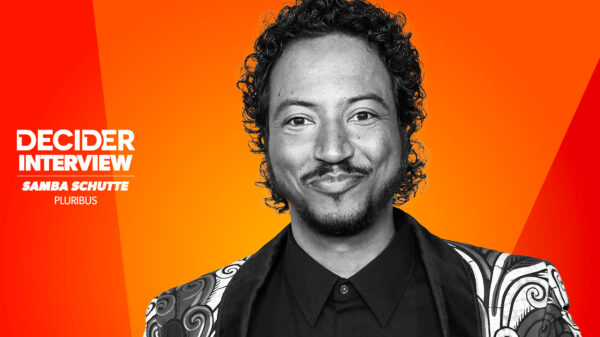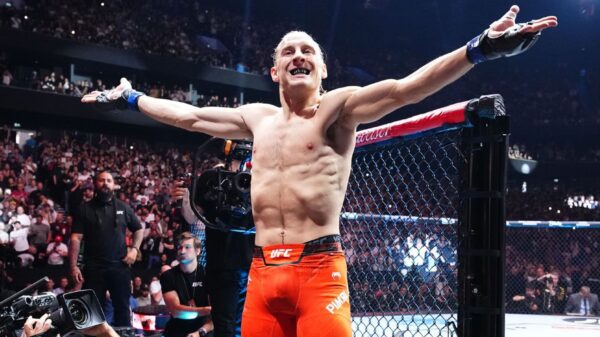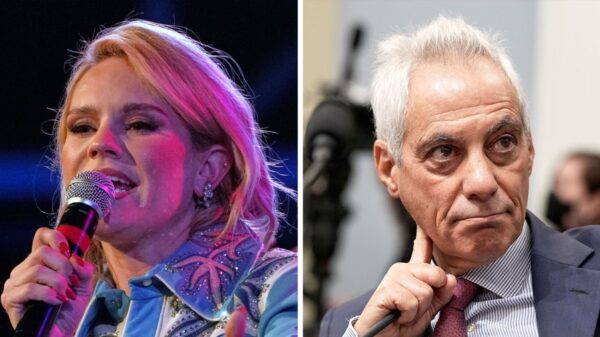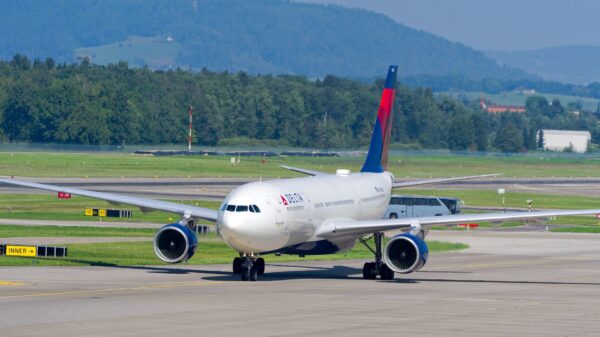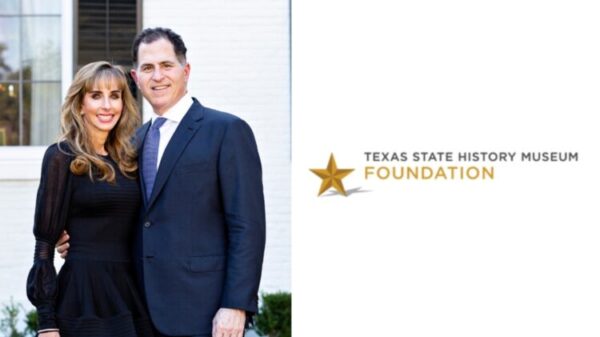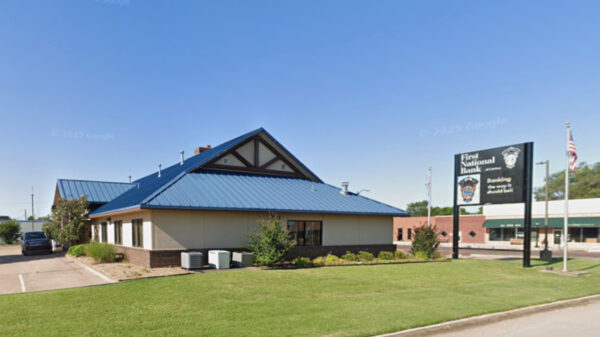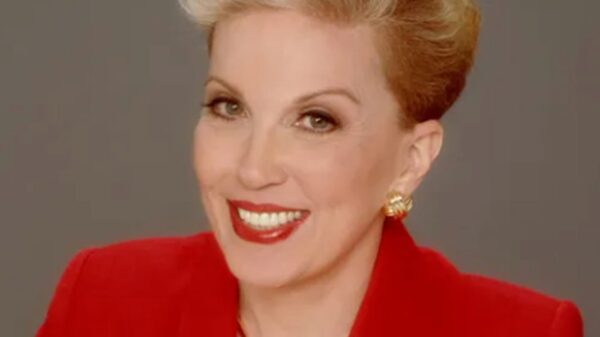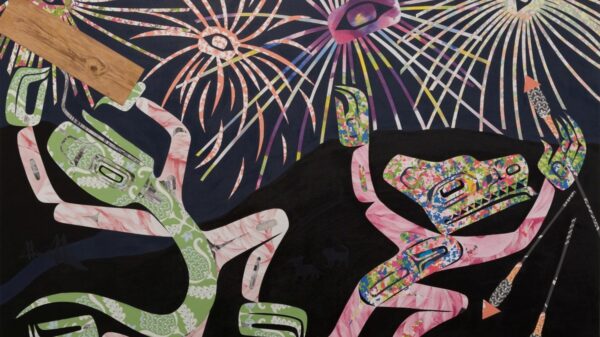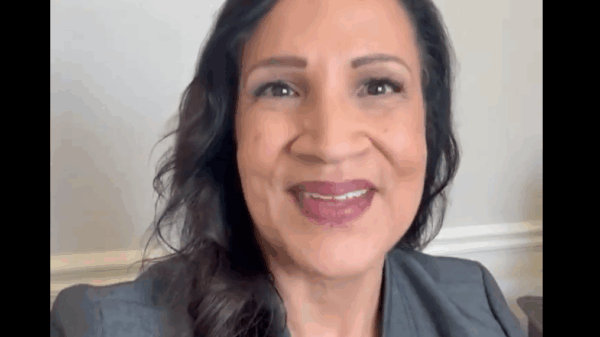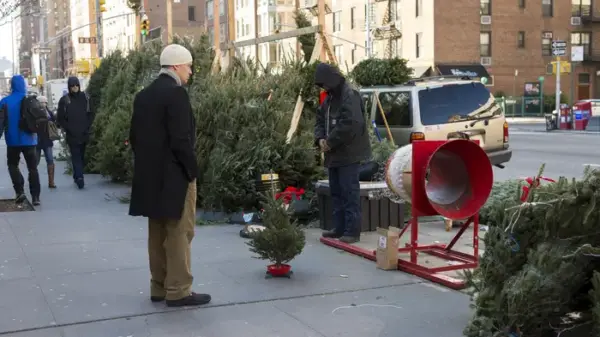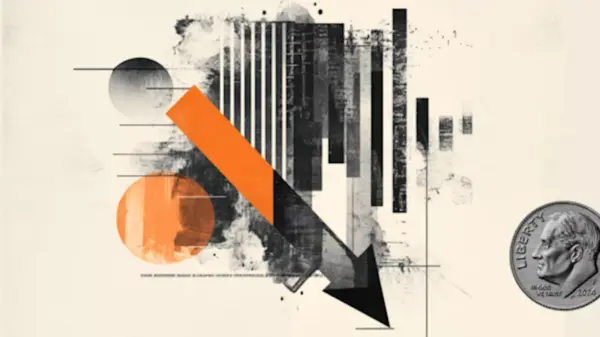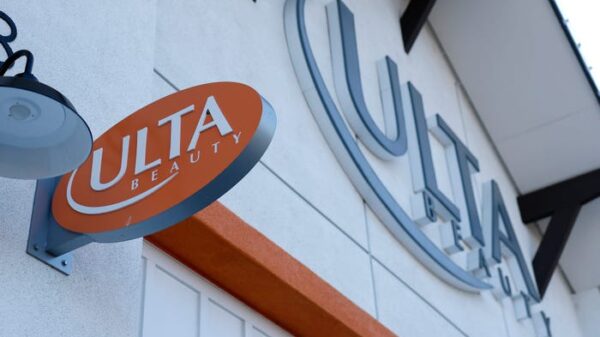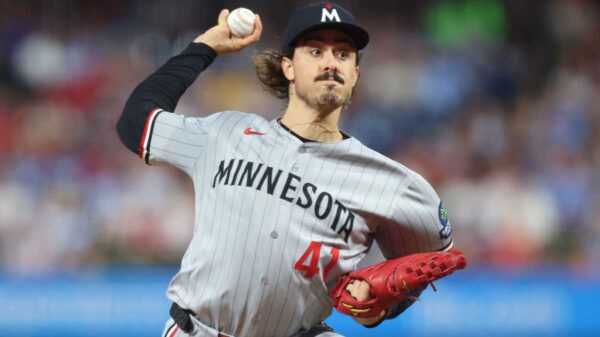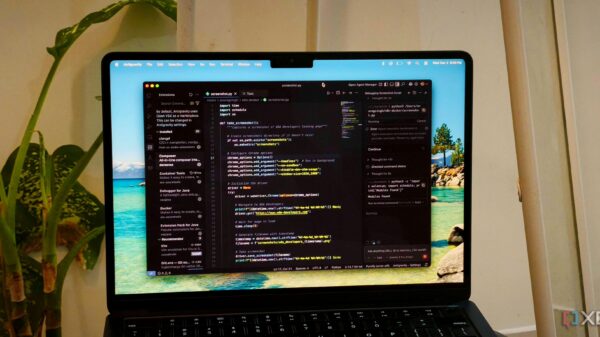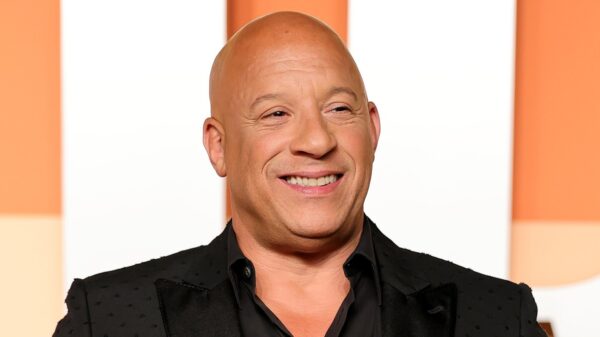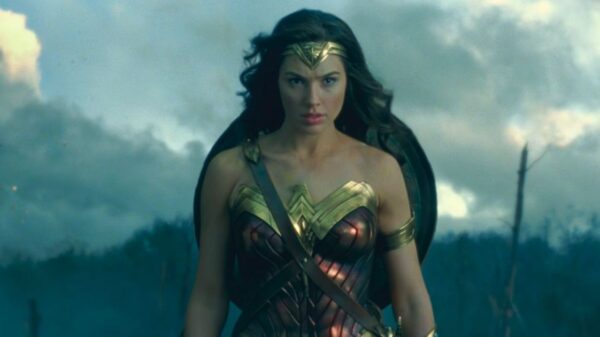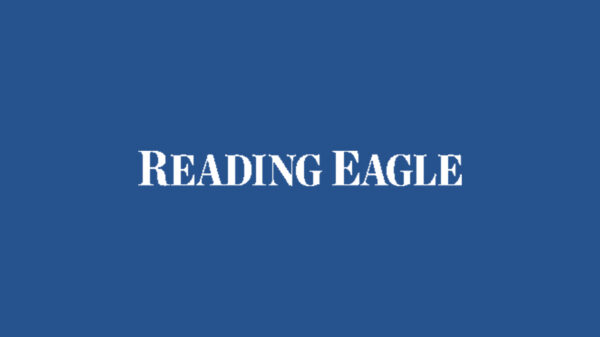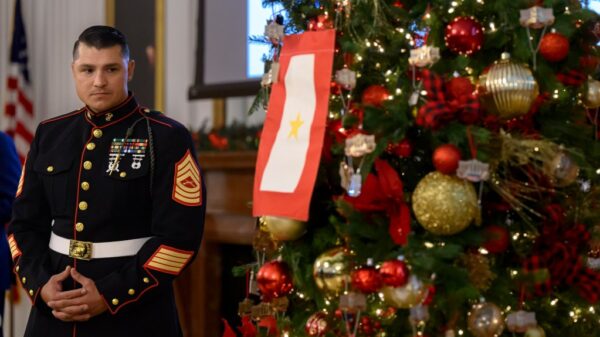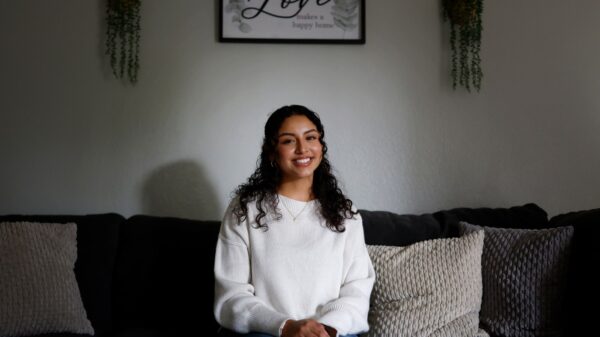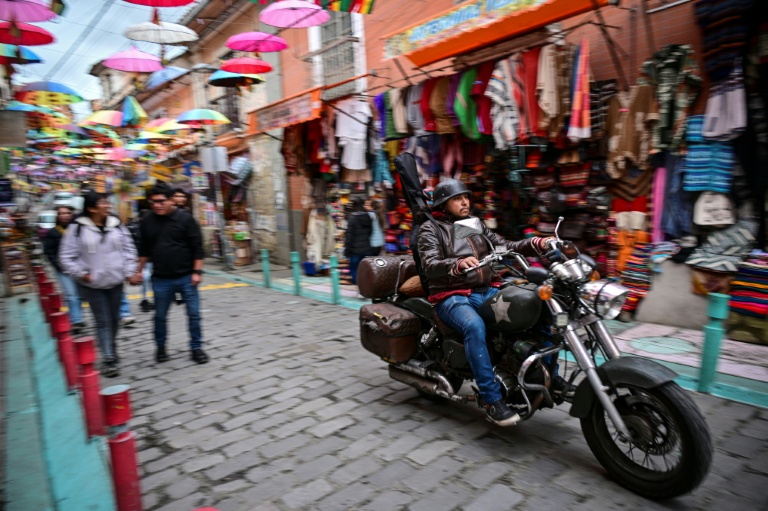Bolivian voters head to the polls on Sunday, November 5, 2023, to select a new president as the nation grapples with its most severe economic crisis in four decades. The election marks a pivotal moment, concluding nearly twenty years of socialist governance under the Movement Toward Socialism (MAS) party, originally founded by former president Evo Morales.
With an inflation rate exceeding 20 percent and critical shortages of fuel and foreign currency, the two final candidates represent a shift towards pro-business policies. Economist and senator Rodrigo Paz, aged 58, faces off against Jorge Quiroga, a 65-year-old former interim president and trained engineer.
The economic instability has left many Bolivians in distress, as long queues at gas stations become a common sight. “The situation is terrible, we don’t know what’s going to happen,” said Felicidad Flores, a 67-year-old street vendor from La Paz. “Everything is very expensive… I hope it doesn’t go up more.” Another resident, Javier Quispe, a 40-year-old driver stuck in a lengthy fuel line, expressed his lack of hope for improvement, stating, “There isn’t much hope that things will change.”
Economic Challenges Ahead
The economic landscape in Bolivia has drastically changed since the initial prosperity brought about by Morales’s nationalization of gas reserves. Following years of underinvestment in the hydrocarbons sector, production has plummeted, and the country has nearly exhausted its dollar reserves. The outgoing president, Luis Arce, is set to leave office on November 8, 2023, after a single term, with the economy in recession according to the World Bank.
Analyst Daniela Osorio from the German Institute for Global and Area Studies warned that Bolivians’ patience is dwindling. “If the winner does not take measures to help the most vulnerable, this could lead to a social uprising,” she cautioned. The next president will inherit a daunting task of reviving the economy while meeting the needs of the population.
Both candidates have proposed plans to address the economic crisis. Quiroga advocates for opening Bolivia to international investment and foreign loans, whereas Paz champions a “capitalism for all” approach, emphasizing decentralization, lower taxes, and fiscal discipline. Despite their differing strategies, both candidates aim to maintain social programs while stabilizing the economy, a balance that some economists argue may not be feasible.
Political Landscape and Future Prospects
Neither candidate is expected to hold a majority in Congress, which complicates their ability to pass legislation. Sociologist Maria Teresa Zegada noted that the bitter campaign has created “wounds that will be difficult to heal,” suggesting that collaboration will be crucial in the coming months.
Potential opposition from Morales remains a concern. Though barred from seeking another term, he continues to play a significant role in Bolivian politics. Currently facing an arrest warrant for an alleged sexual relationship with a minor—an accusation he denies—his influence could pose a challenge for either candidate.
The stakes are high as nearly eight million eligible voters prepare to cast their ballots, with mandatory voting laws ensuring broad participation. The outcome of this election could determine Bolivia’s economic direction and social stability for years to come.

